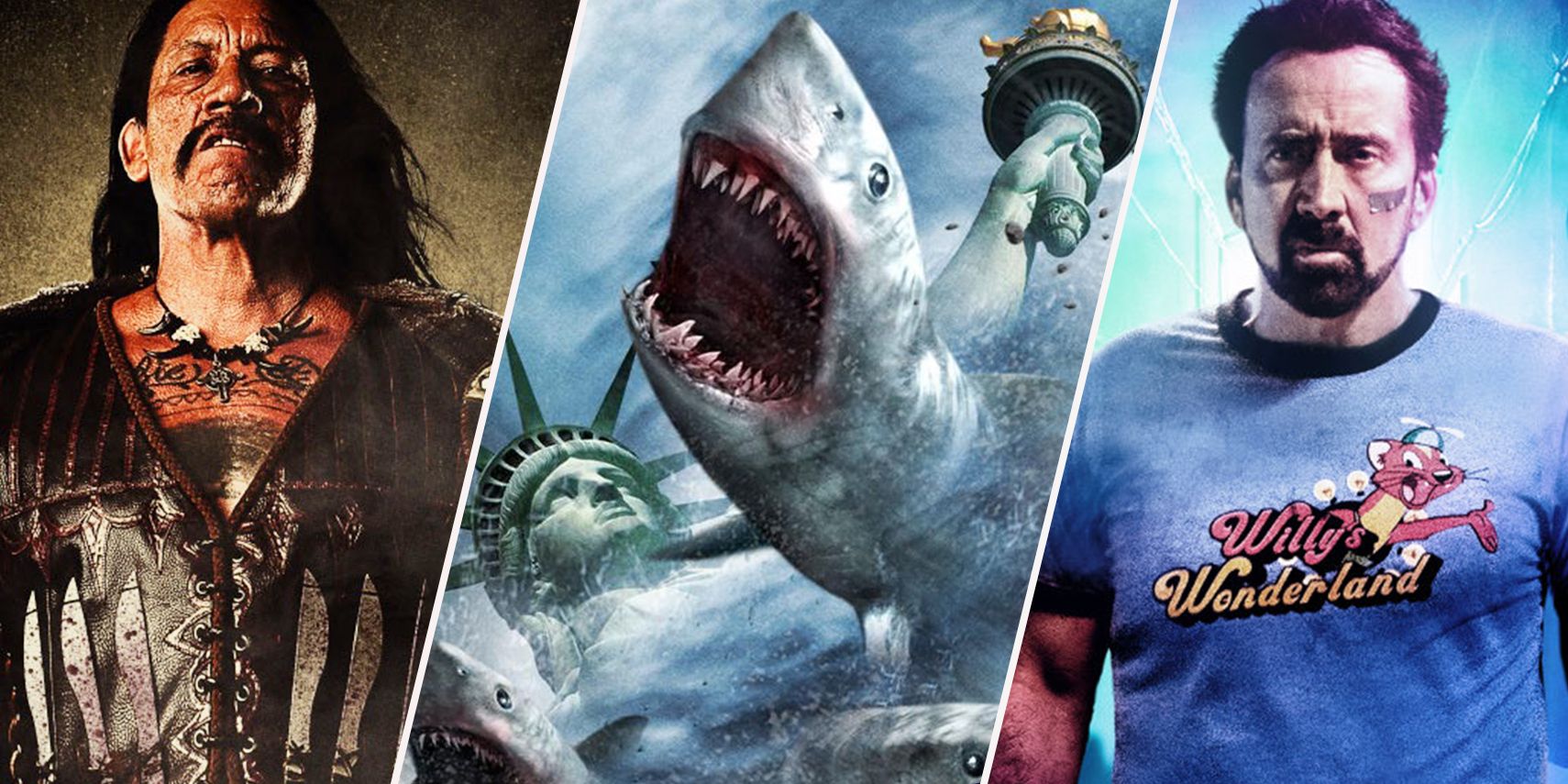
The fascination with pop culture nostalgia that dominated the late 2000s to the 2010s led to the resurgence of the B-movie, no doubt encouraged by prolific filmmakers like Quentin Tarantino, Robert Rodriguez, and Rob Zombie, who all unapologetically love the niche.
Today, "B-movie" refers to a deliberately bad and over-the-top pastiche of previous decades' conventions, all told in the most self-aware way possible. This, however, only acknowledges the true B-movie traditions on the most surface of levels.
10 B-Movies Were Knock-Off Blockbusters, Not A Checklist Of Outdated Tropes
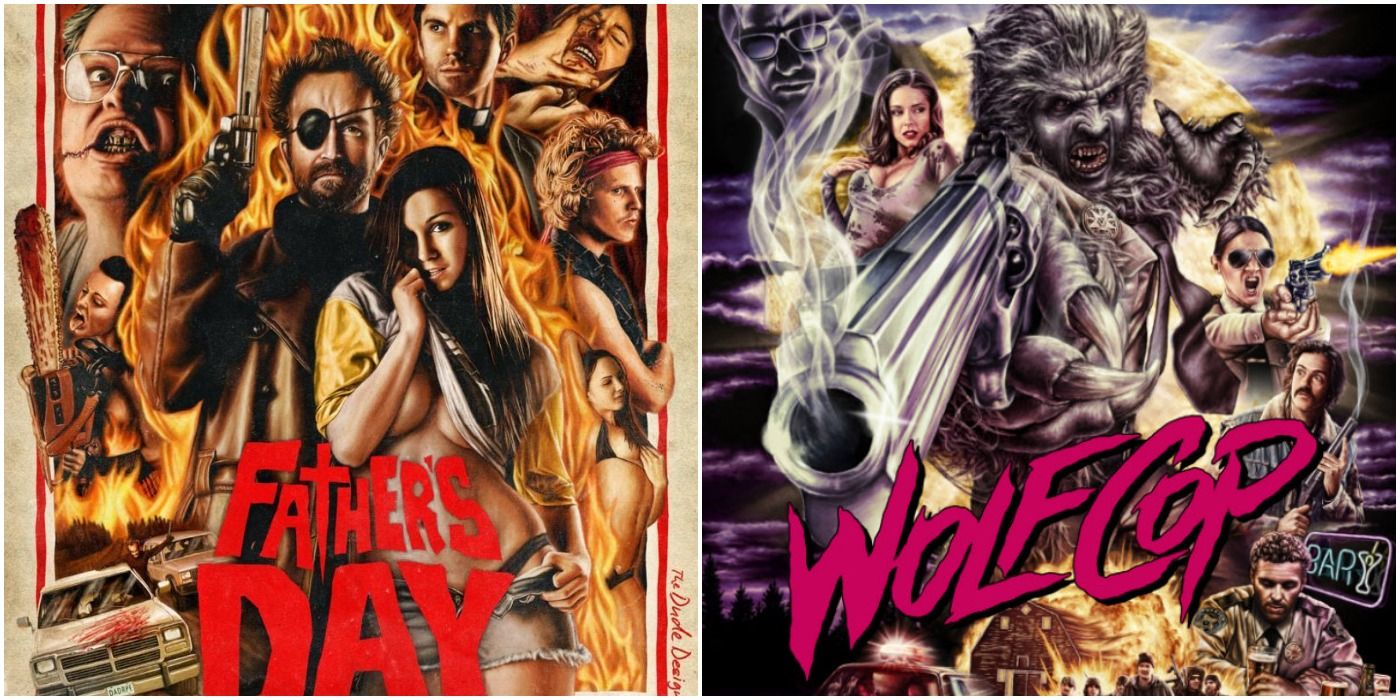
Modern B-movies draw from the same melting pot of ideas so often that, at times, they can only be classified in a broad "genre" comprised of the most obvious '70s or '80s tropes. Examples include: The buddy-cop formula, ninjas, pulp horror, synthesizer music, and more. What these movies miss is that older B-movies weren't rip offs of one another, but of blockbusters.
Cases in point— almost every B-grade post-apocalypse aped Escape From New York and Mad Max, while the kung-fu brawls were bootleg Bruce Lee fights. Rather than imitate current blockbusters as their forerunners did, today's B-movies lazily regurgitate the same tropes over and over. Ironically, the infamous studio The Asylum got this B-grade tradition right.
9 B-Movies Didn't Add Wacky Elements For The Sake Of Randomness
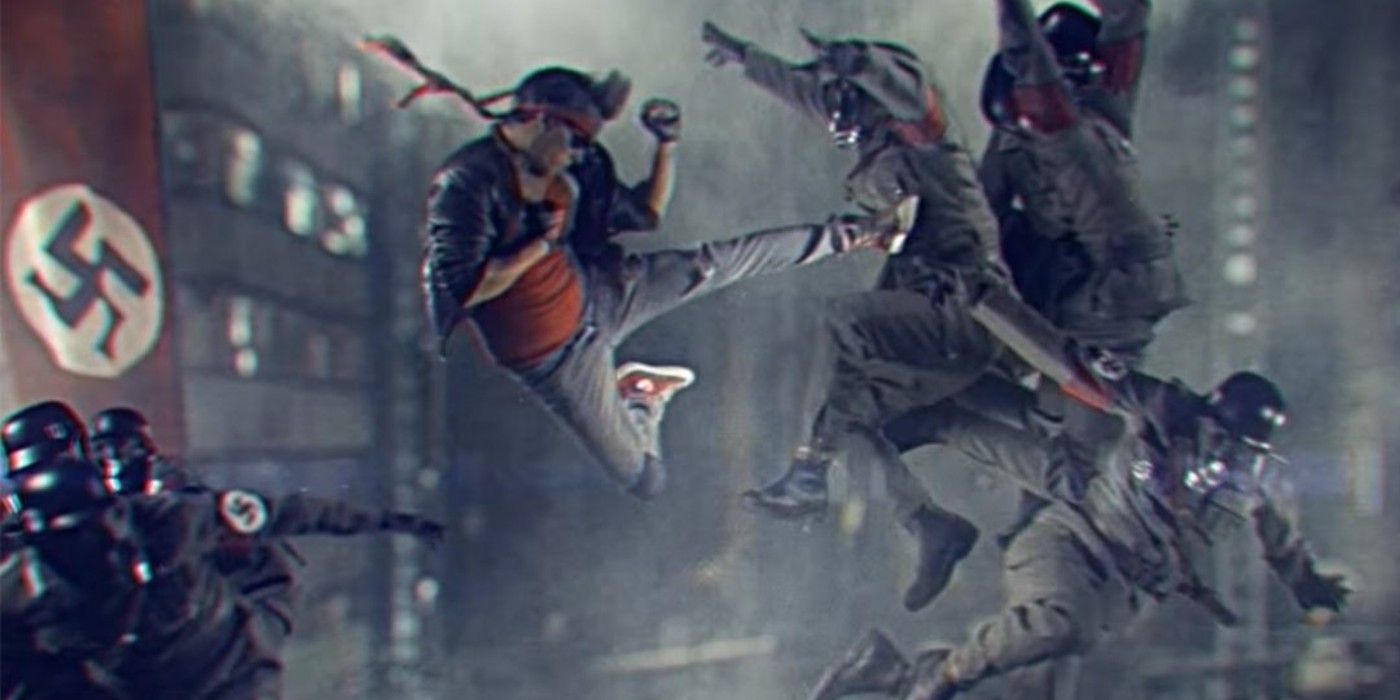
A common trope in modern B-movies is the lack of internal logic; Wolfcop's entire premise is built on this, and a time-travelling martial artist cop is just the tip of Kung Fury's iceberg. While older B-movies do have zany elements like Lemro the disco detective from Alien Private Eye, they were more calculated than their modern variants imply.
For one, cops and aliens were B-movie mainstays because they were popularized by the likes of Lethal Weapon and Star Wars. Similarly, the niche's signature patriotic fervor was a direct result of the Cold War, where American exceptionalism was at an all time high. These trend-chasing concepts were also their movies' entire premise, not just one-off gags whose punchline was the trope's mere existence.
8 B-Movies Shouldn't Rely On Star Power
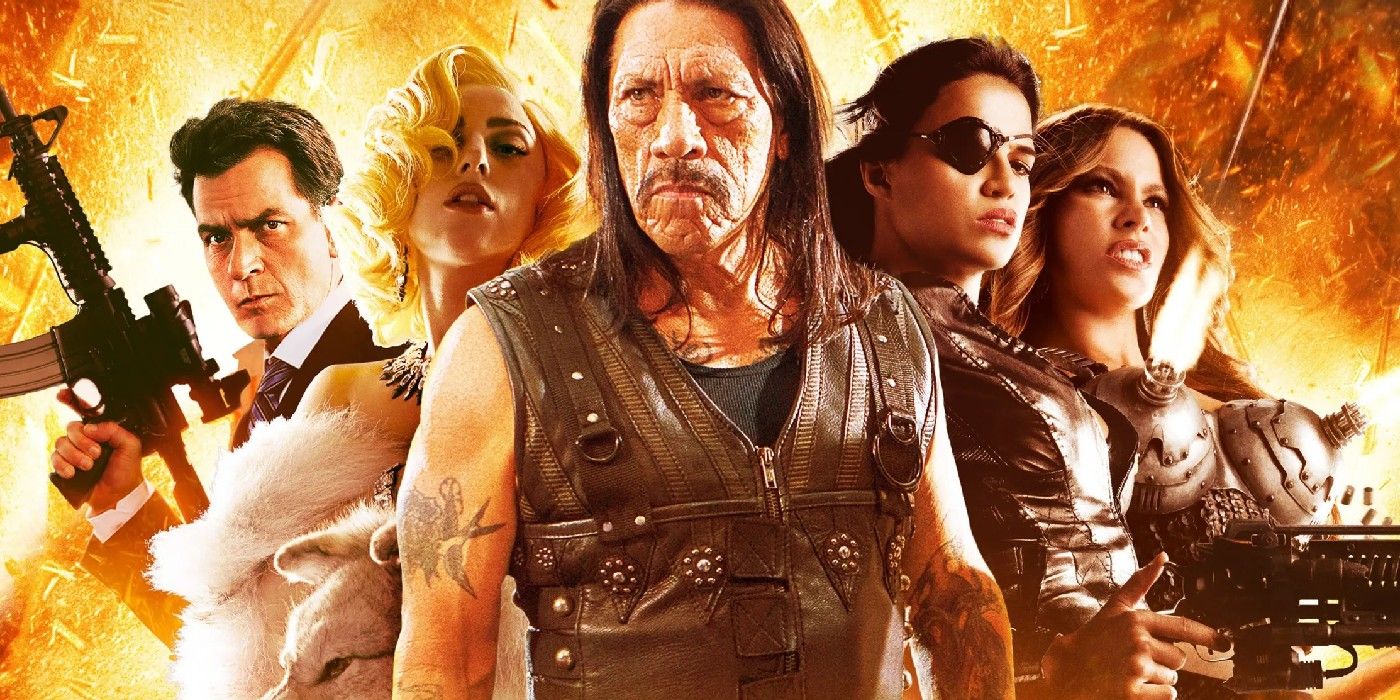
The best way to draw audiences to a modern B-movie's opening is to feature A-list stars hamming up their scenes. The Machete duology is the perfect example of this gimmick in action, as it starred Danny Trejo and big names likes Lady Gaga, Robert De Niro, Sofia Vergara, and more as his supporting cast.
This contradicts actual B-movies, whose casts were almost always populated by unknown novices or actors past their prime (ex. Cameron Mitchell). It's not uncommon to find an old B-movie starring a celebrity before they became mainstream, such as George Clooney and Laura Dern in Grizzly II: Revenge, but this is the exception. Part of a B-movie's appeal was being surprised by who'd show up for an over-advertised cameo, not because of an all-star cast with equal screen time.
7 B-Movies Need To Have A Complete Lack Of Self-Awareness
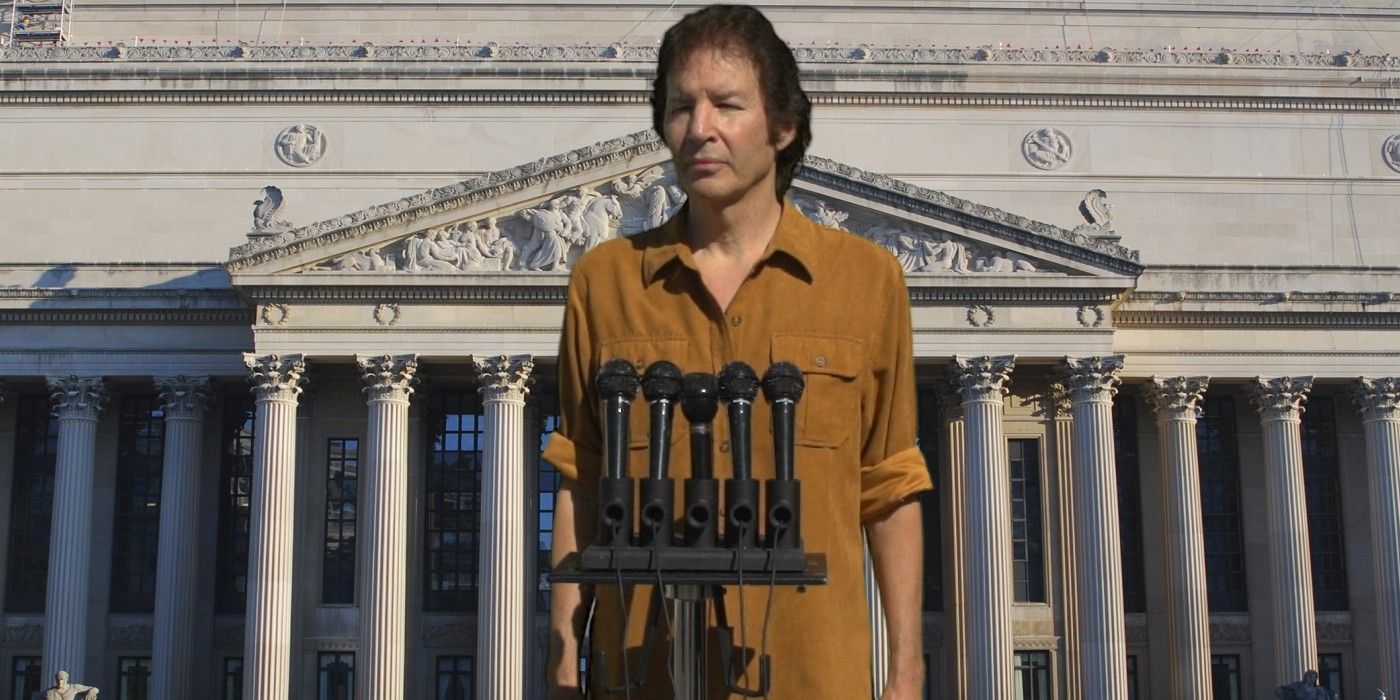
One of the most glaring faults of modern B-movies is that they're almost always made with a hint of self-aware irony. The filmmakers know they're not making high art, so they treat the project like the joke it is and let their audiences in on it. A good example of this are the crowdfunded Iron Sky movies, which are filled with memes suggested by the fanbase.
Meanwhile, actual B-movies don't realize how bad they really are. This manifests best in the vanity projects that star the movie's director/writer/producer (ex. Get Even and anything from Neil Breen or Steven Segal). Where the former can feel like an inside joke meant for a very specific audience, real B-movies' charm comes from how oblivious they are to their failings.
6 Classic B-Movies Typically Have Long, Uneventful Stretches Where Not Much Exciting Happens
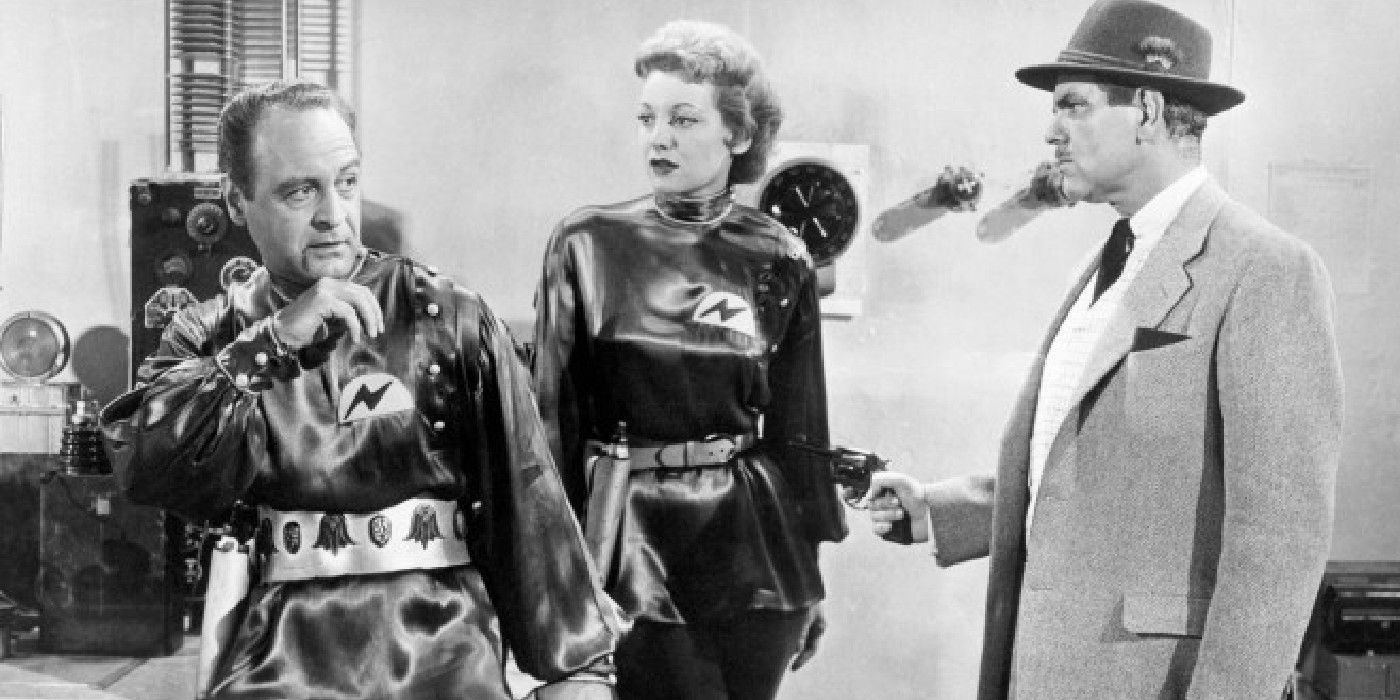
If modern B-movies like Hobo With A Shotgun or Planet Terror are to be believed, classic B-movies were nonstop thrill rides of garish excess and violence; their modern counterpart just improved the budget and filmmaking techniques. This couldn't be further from the truth, since almost all B-movies were relentlessly boring for much of their runtimes.
The best example of this would be anything made by Ed Wood of Plan 9 From Outer Space fame, or any low-budget sci-fi pulp from the the same era. The monsters' appearances were sporadic at best, and there was a gross abundance of expositions and meetings. These movies' appeal came from their audacity to even exist, not because they were naturally entertaining.
5 B-Movies' Charm Is The Result Of Shoddy Filmmaking, Not Just The Weird Stuff
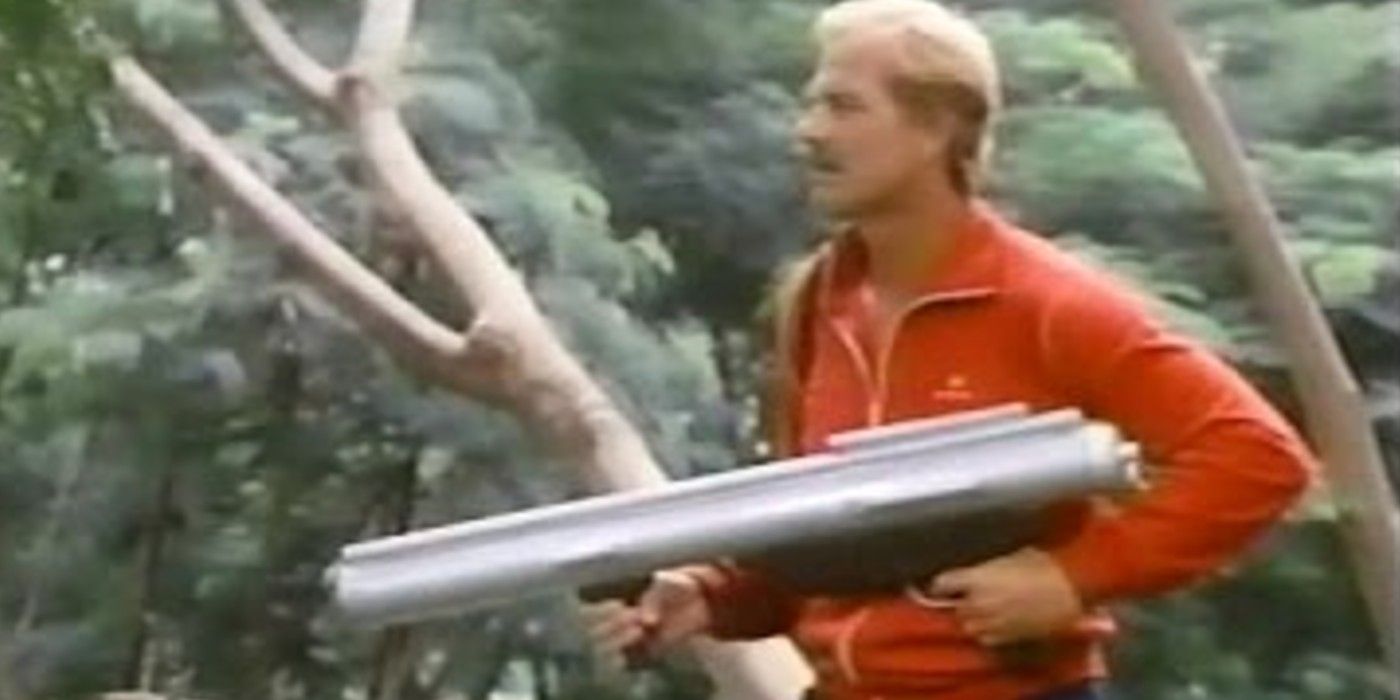
What truly defines a great bad B-movie aren't the over-the-top stories or genre combinations, but the way it was made in the first place. Little things like awkward line delivery or the super shotgun that's obviously just a spray-painted PVC pipe are what complete the low-budget ride that is Blood Debts, which is already a bonkers wannabe vigilante action movie.
In contrast, modern B-movies are simply too professionally made to be truly considered a "B-movie." Sharknado is arguably the guiltiest offender of this. Thanks to its polished execution and decent if not stellar budget, the shark-centric series comes across more like a studio's attempt to recreate a B-movie rather than a genuinely so-bad-it's-good gem.
4 Some B-Movies' Legacies Come From Their Filming, Not The Movie Itself
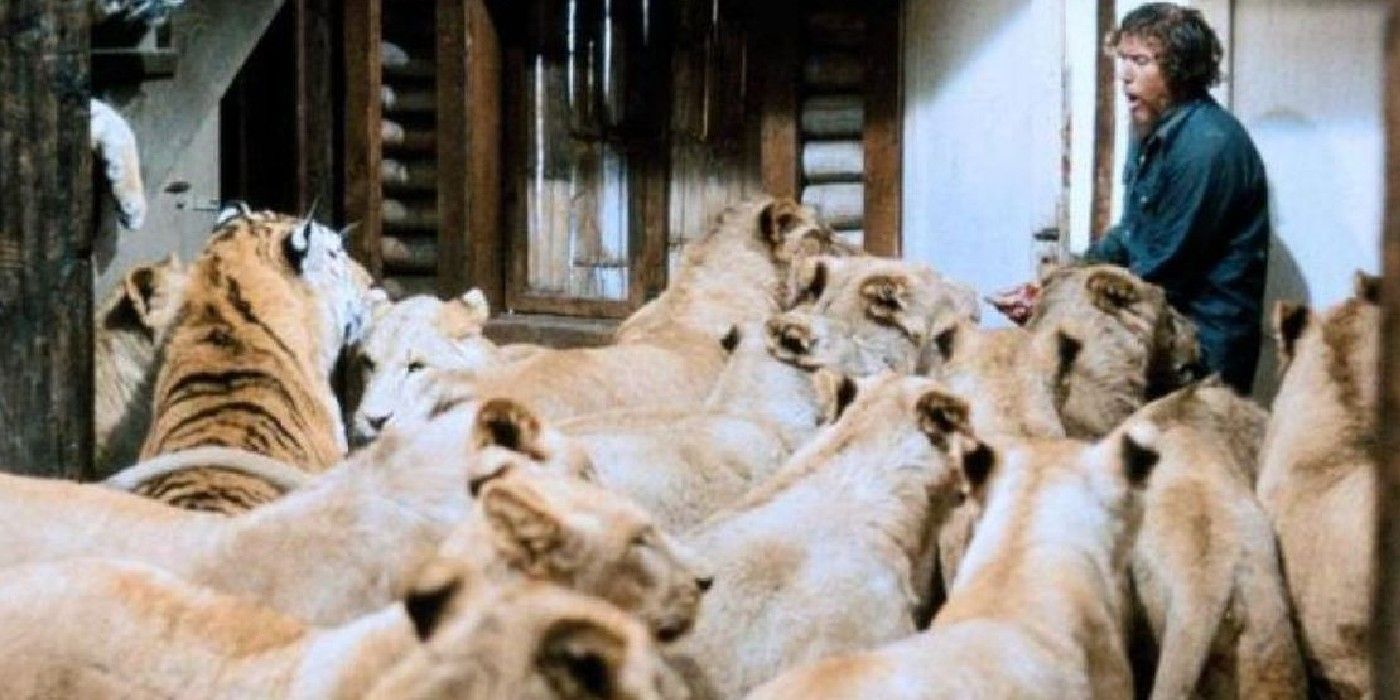
Another layer to a classic B-movie is the history that accompanies it. For instance, Miami Connection being a lost film that was rediscovered on eBay decades after its failed debut helped immortalize it. Similarly, the fact that Roar took eleven years to complete and had actual lions and tigers on set is enough to get midnight screening fans to seek it out.
Since the filmmaking industry and filmmakers themselves are a lot more organized and professional than before (despite some unforgivable exceptions here and there), modern B-movies lack the old devil-may-care energy that defined the niche's true classics. At best, today's B-movies are shiny, by-the-numbers imitations of the real thing.
3 Not All B-Movies Are Guilty Pleasures; Some Are More Notorious Than Revered
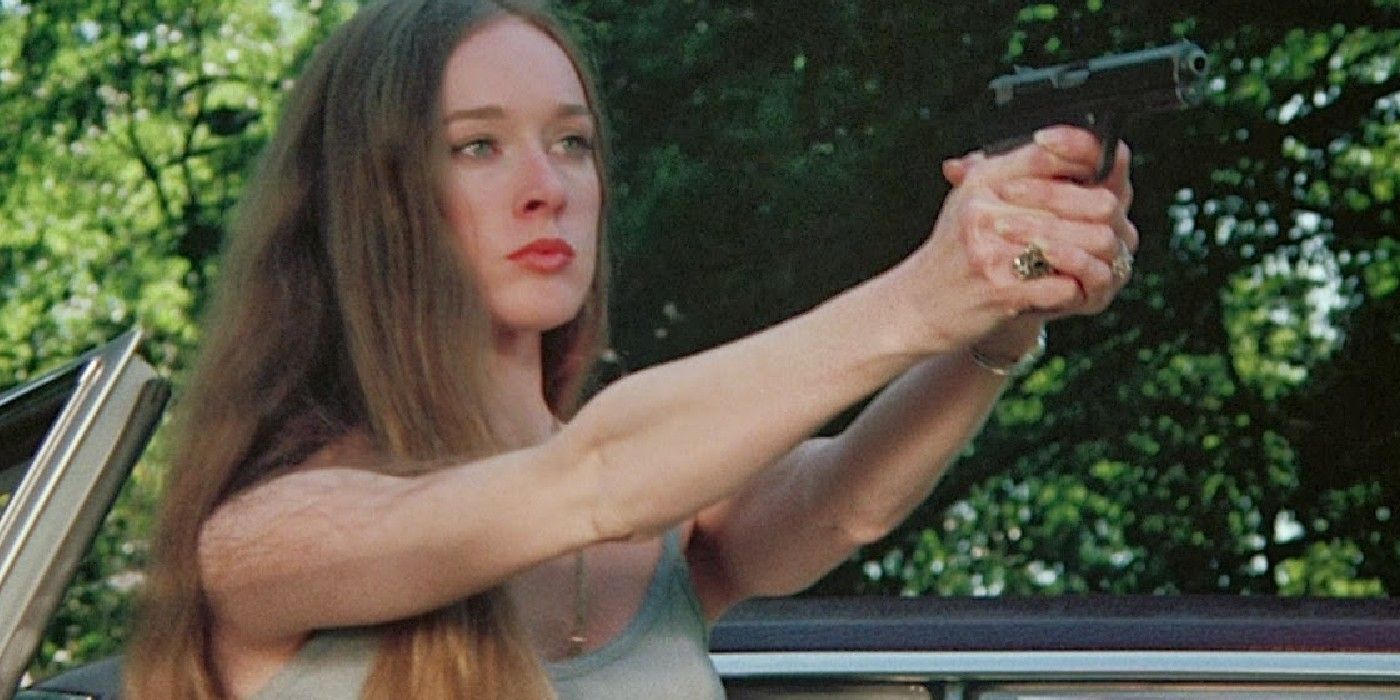
Something fans and makers of modern schlock forget is that the niche had a sleazy phase. If they weren't outright smut or snuff, a good number of B-movies were laced with offensive material that only existed for cheap shocks and titillation. At times, it was precisely because of rampant misogyny and sexual exploitation that an older B-movie was even remembered.
Case in point: 1978's controversial I Spit On Your Grave, which gained infamy for its extreme sexual violence and torture. Thankfully, most modern B-movies avoid these shock-and-awe tactics (and also hopefully treat their actresses much better), trading them for immaturely edgy but comparatively harmless fun. Outliers like Hostel and The Human Centipede 2 (Full Sequence) exist, but they only inspire derision instead of fandom.
2 B-Movies Can Be A Counterculture Protest, Not Just Shlock
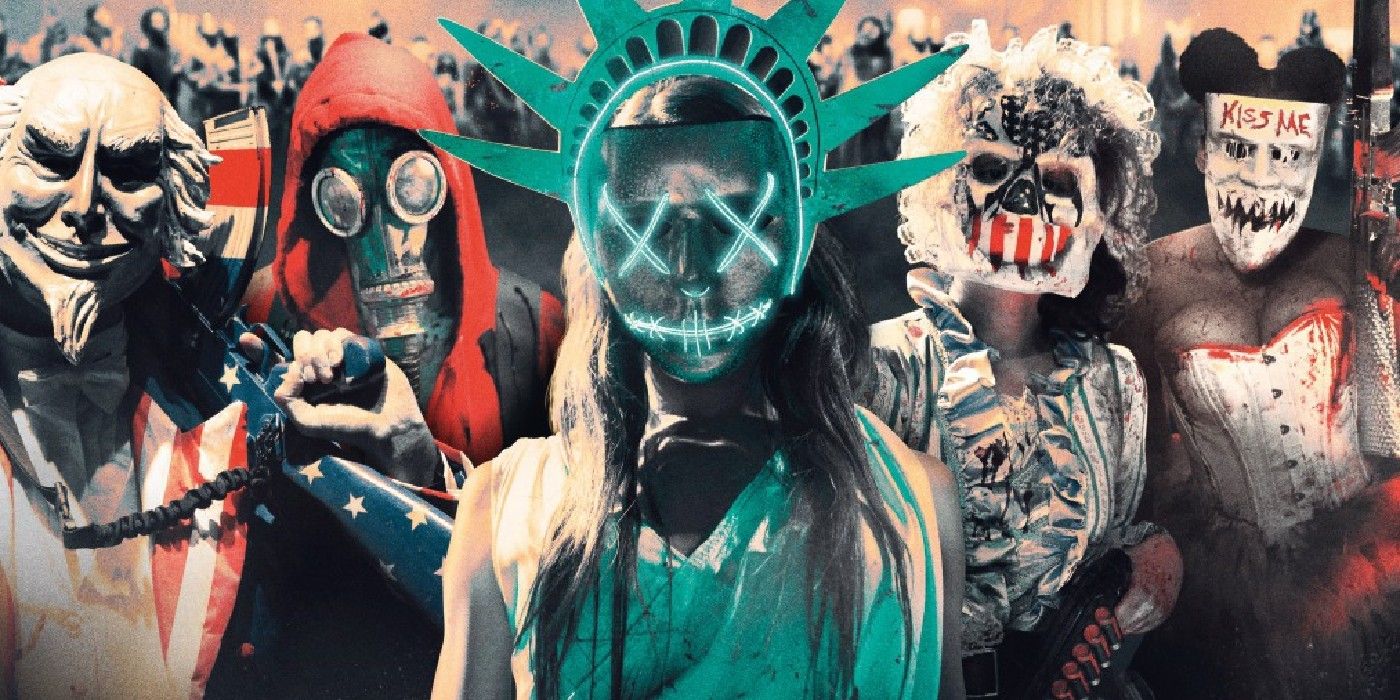
Today, B-movies are synonymous with trashy escapism. Introspective thoughts about the human condition or current events aren't expected from Psycho Goreman or Willy's Wonderland because the zeitgeist dictates they indulge in whatever a typical teenage boy finds badass. While there's a time and place for schlock, this generalization misses the niche's rebellious origins.
B-movies got their name because studios didn't prioritize them, or outright buried them. The laxed oversight allowed daring filmmakers to make the politically charged Death Race 2000, Night Of The Living Dead, and more. Unfortunately, the takeaways they inspired were mostly cosmetic, like gore and zombies. Modern exploitation like The Purge movies that understand this anti-establishment history are the exception, not the rule.
1 True B-Movie Classics Are Sincere If Misguided Attempts At Great Filmmaking
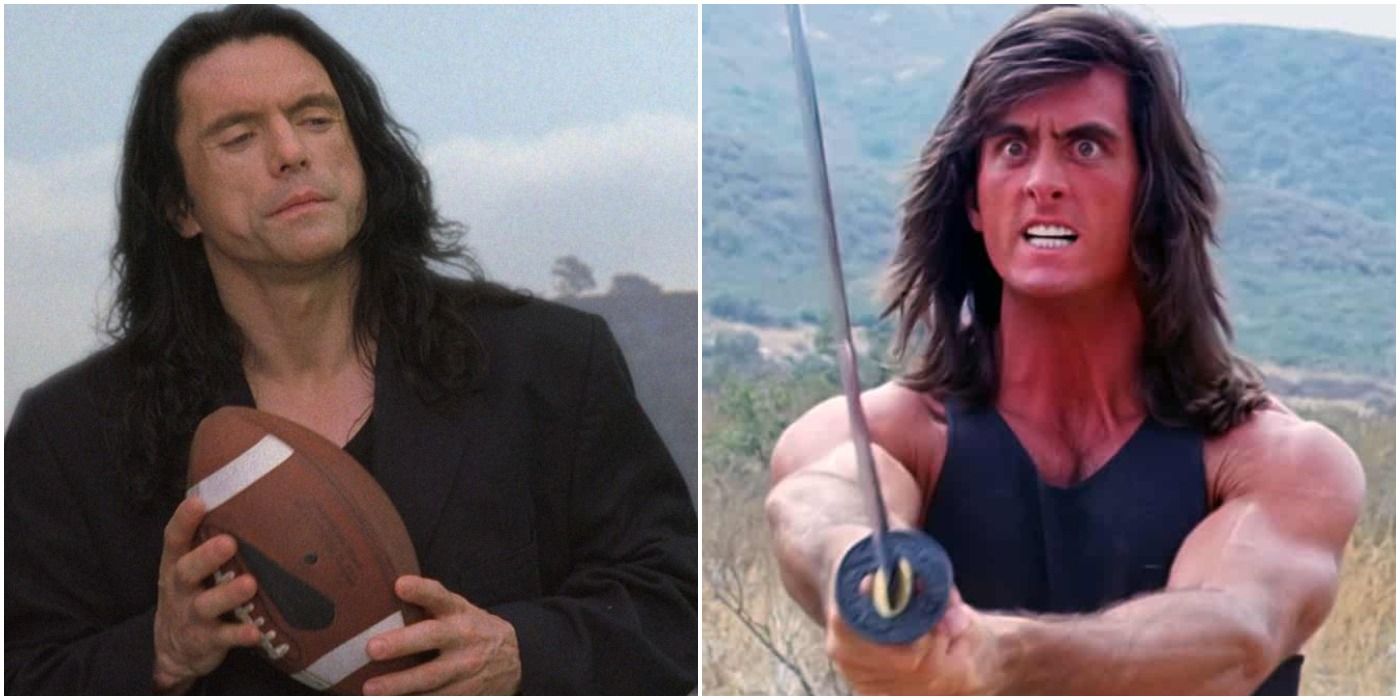
The most common defense for a bad modern B-movie is that its low quality was intentional. The idea that some B-movie filmmakers are so ironic that they sabotaged their movie for a joke is the niche's biggest misconception. What gives a classic B-movie its charm is that it was a genuine attempt at good filmmaking. Basically, its immortality hails from schadenfreude.
For example, Tommy Wiseau really thought The Room would be an Oscar-worthy drama, and Samurai Cop was born from Amir Shirvan's ambition to become a world-famous action director. By deliberately making a bad movie, modern B-movie filmmakers only expose how lazy and dispassionate they are since every mistake they commit— intentionally or otherwise— comes with a cynically preemptive shield of irony.
0 Comments